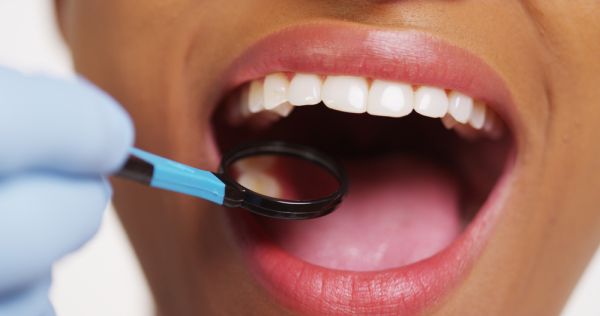A Helpful Guide for Healing after Dental Implants

Dental Implants are the standard when it comes to replacing missing teeth. These prosthetics are the only way to replace a missing tooth and the tooth roots. Other dental devices used to replace missing teeth do not address the missing roots. This often leads to drastic changes in the way the patient's face looks as the bone tissue in the jaw begins to disintegrate. When the root of a missing tooth is replaced with an implant, it keeps the person's jawbone tissue properly stimulated. That helps to preserve the surrounding bone tissue.
About dental implants
Implants are quite popular because of various factors. Not only do they preserve the jawbone, but they also restore the function of your teeth. Lasting up to 25 years, dental implants give you a set of teeth that work just like natural teeth. As for maintenance, you can brush and floss your implants to keep them clean. Other devices need special solutions or adhesives to stay clean and in place. Implants can withstand the rigors of daily life and do not stain like normal teeth.
Installation
Getting dental implants installed can be quite the process. For standard implants, the installation often requires at least three trips to the dentist. It can take up to several months from start to finish. Patients with adequate amounts of jawbone tissue also have the option of getting same-day implants. These types of implants are the pricier choice, but the patient leaves the clinic after the first procedure with their smile fully restored.
Speeding up the recovery process after getting dental implants
Firstly, patients should follow any guidelines provided by their dentist. That said, there are also simple things that you can do to make the recovery period shorter. These include:
- Sticking to only soft foods for a few days after the procedure
- Practicing good dental hygiene by brushing multiple times a day and flossing at least once
- Taking pain medication as recommended by the dentist
- Avoiding intense activities for the first few days after surgery
- Attending all follow-up appointments
- Being careful not to aggravate the wound
- Not taking part in strenuous or dangerous activities that could damage the mouth
Managing pain
You will likely receive pain medication and antibiotics following the surgery. That said, you may experience tenderness and swelling. If so, you can use a cold or warm compress to soothe the pain. Speak with your dentist before taking over-the-counter pain medication.
Ready to get your dental implants?
The beauty of implants is that once the procedure is complete, you are free to go about your business as if you had never lost a tooth. The process may seem daunting, but you will love the results. Follow the advice above to heal quickly and reduce associated pain.
Are you dealing with a missing tooth? Talk to one of our dentists and find out if implants are a good option for you.
Request an appointment here: https://www.yourdowntownmckinneydentist.com or call Sam Patel DDS, PA at (972) 638-5848 for an appointment in our McKinney office.
Check out what others are saying about our dental services on Yelp: Dental Implants.
Related Posts
Root canal treatment is often the best (or only) way to deal with an abscessed tooth that results from a tooth infection. This review discusses the role root canal treatment plays in treating an abscessed tooth and what you can expect throughout the diagnostic and treatment processes.An abscessed tooth can affect one’s ability to function…
Partial dentures are an affordable way to replace missing teeth and bring back a person's smile. When someone is missing teeth, their confidence can be shaken. Missing teeth can also lead to several other problems and should be taken care of soon as possible.Talking with a dentist is always the best way to determine any…
If you have stained teeth, you need to know that a dental practice can often help. While everyone would love to have white teeth like Hollywood celebrities, that is just not realistic. After all, these individuals have the means to get implants and veneers, while most people do not. Keep reading to find out more…
To manage the pain you will feel after a root canal treatment and to prevent infection, it is critical to follow proper aftercare. The treatment is standard, so it should not be a surprise to your dentist. Once you go home, you will need to follow some aftercare tips to keep your mouth healthy. Here…
